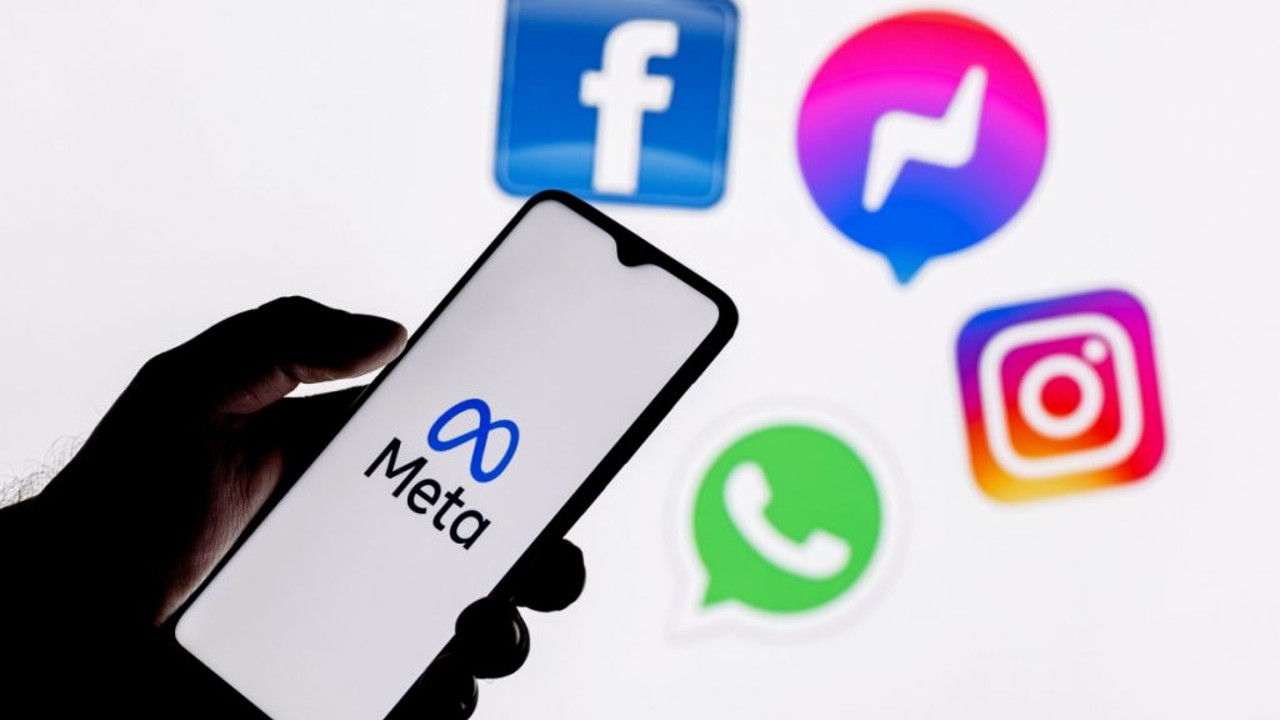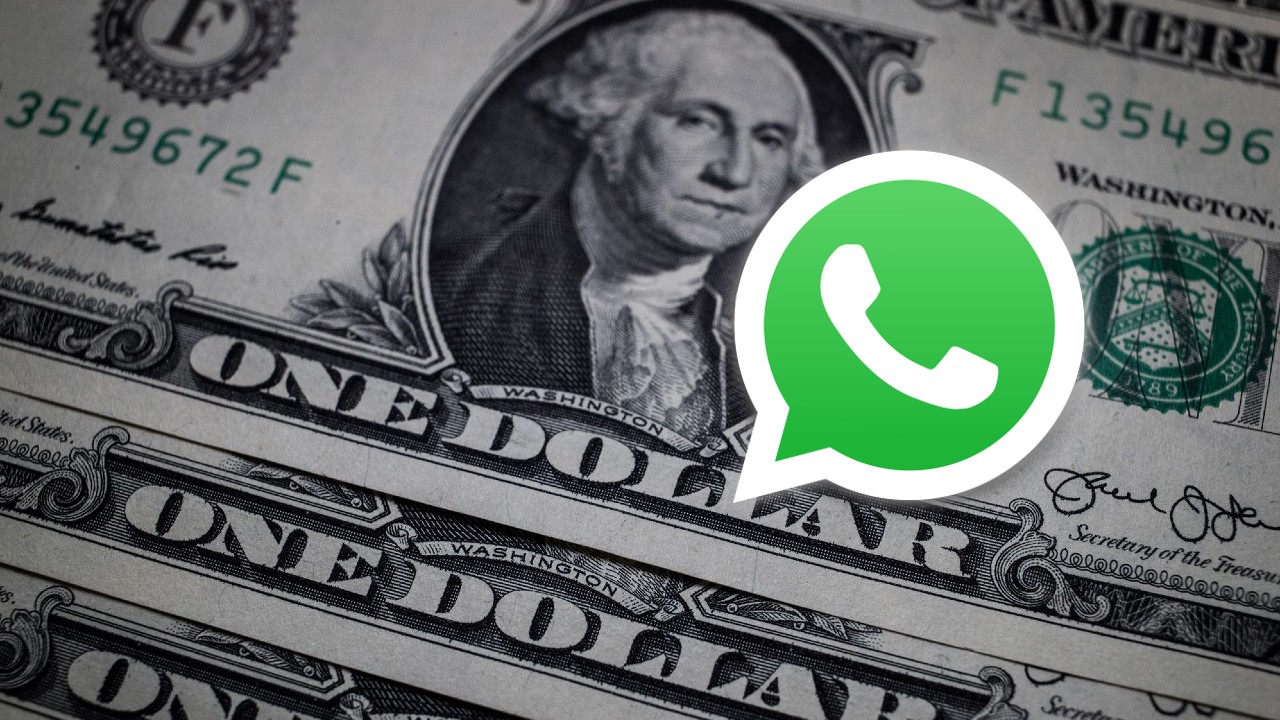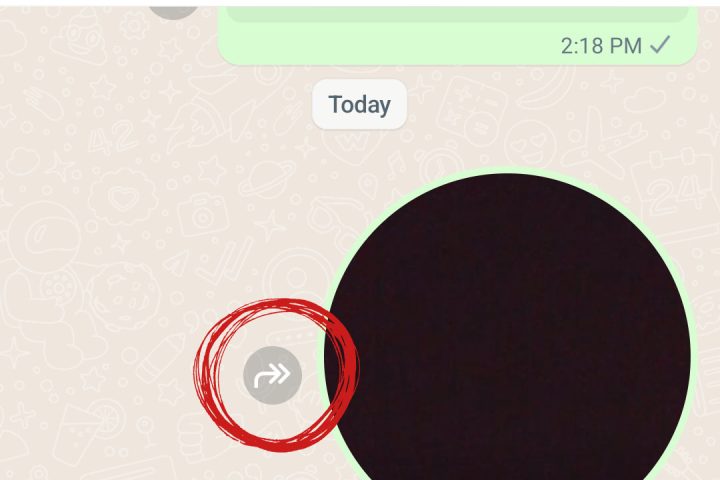Established as an alternative to expensive SMS services, WhatsApp provides everything a user needs to communicate, including text messages, documents, location, voice messages, sending photos and making video calls. So how is it able to make money without even advertising?
Founded in 2009 by Brian Acton and Jan Koum, WhatsApp now has more than two billion users in 180 countries worldwide. Of these, only 390 million users come from India, 108 million from Brazil and 75 million from the United States.
Moreover, such a popular application does not have a subscription fee or receive any advertising. WhatsApp, which had revenue models such as small subscription fees before being acquired by Meta, no longer has such a feature. As such, it is hard not to think about how the company makes money.
WhatsApp’s first revenue model was subscription-based
When WhatsApp was first installed, users paid 1 dollar for 1 year. In some countries, this could vary as free for the first year and 1 dollar for the second year renewal.
Later, the company abandoned this business model, avoided in-app adverts and continued to exist as one of the most popular applications.
WhatsApp was acquired by Meta, formerly Facebook, for 19 billion dollars in 2014
At its peak during the subscription-based model, WhatsApp had around 700 million users worldwide. When it was acquired by META, it became their largest subsidiary after Instagram and Facebook Messenger.
In 2018, Jan Koum, co-founder of WhatsApp and director of Facebook Inc. at the time, left the company due to disagreements over the proposed advertising model and the security of user data.

Let’s come to our main topic; how does the company make money?
In fact, putting adverts on the app has been on the company’s agenda from time to time, but they have abandoned this plan. In addition, there has been speculation that they make money by selling our personal information and conversations on WhatsApp.
The “end-to-end encryption” in WhatsApp means that our conversations cannot be accessed by anyone other than us and the other person. However, WhatsApp’s privacy policy states that even if our messages are not read by third parties, they can automatically target data from them and display appropriate adverts. This may mean that they indirectly make money from adverts.
WhatsApp has a service called “WhatsApp for Business”.
Businesses that use the app for sales and support can sign up for WhatsApp for Business. Thus, users can have a verified business profile by creating a business profile.
Verified businesses can create business profiles with specific key links to their websites or Facebook pages, set up autoresponders, or even link landline numbers to WhatsApp.
The WhatsApp Business app is currently free to download and available for all businesses, but the company makes money through the WhatsApp for Business API.
WhatsApp Business API is used by big brands such as Netflix, Uber and Wish. It encourages businesses to use the platform and provide quick responses.
It charges businesses for delayed responses, so while the business can respond for free within 24 hours, it is charged for later responses.
As a second monetisation method: WhatsApp Pay
WhatsApp Pay is a payment feature similar to PayPal. With this feature, users can send money for free. The receiving party is charged 3.99% per transaction.
Like other money sending services, this app is linked to a linked bank account where money is received or deposited. This service is currently only available on selected devices in India and Brazil.
Nevertheless, for such a large company, it does not seem to be very satisfactory revenue methods.
Meta, which holds the most important social media networks, does not seem to have very big steps towards monetising WhatsApp for now. In the future, we will see whether it will give up its policies such as no advertising or free use.





